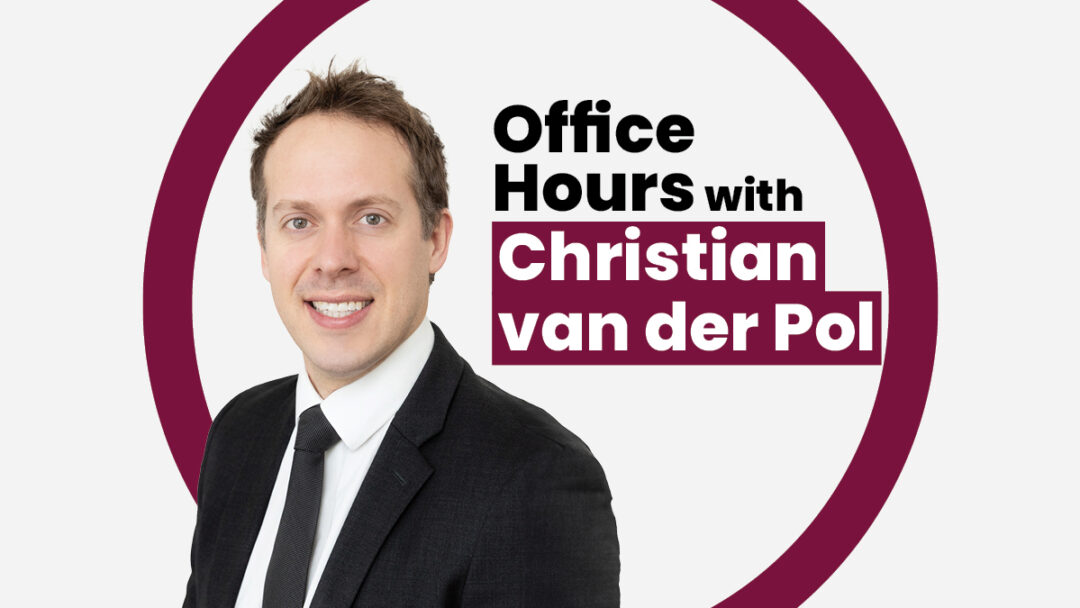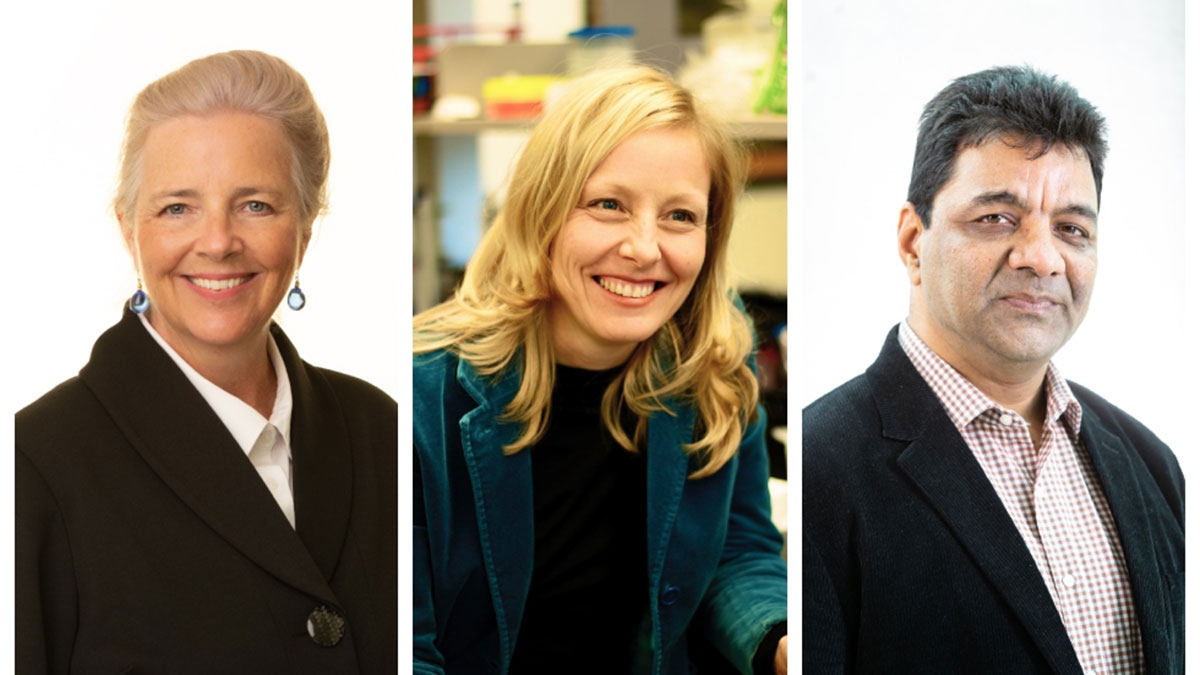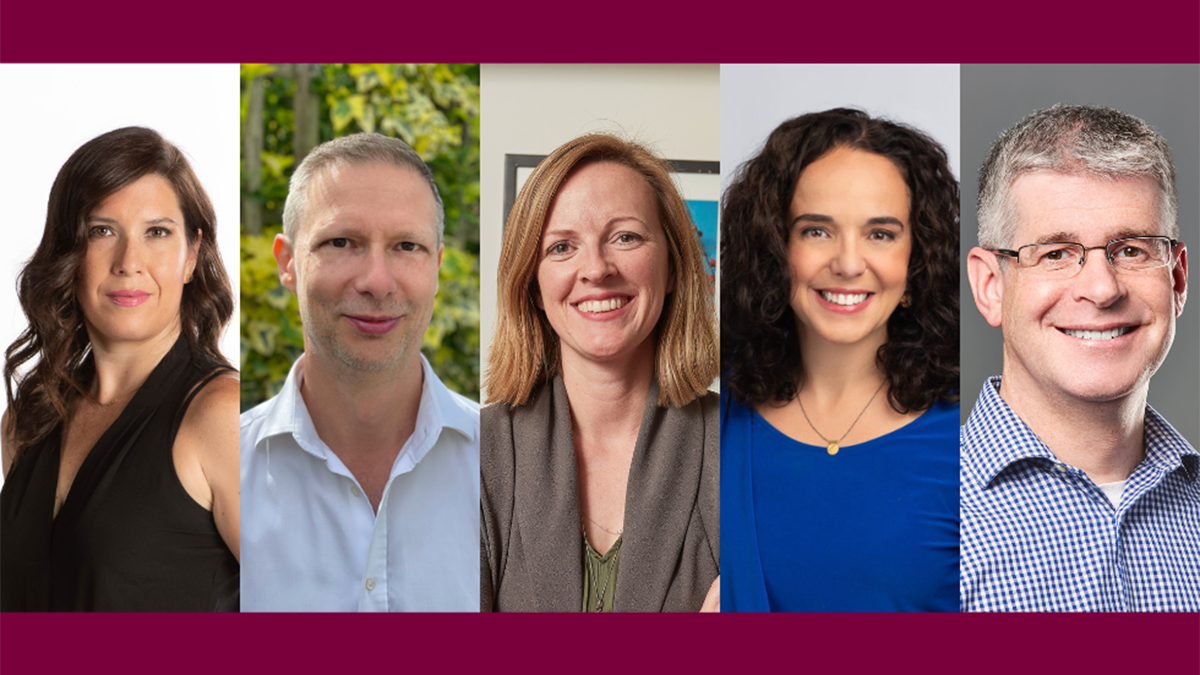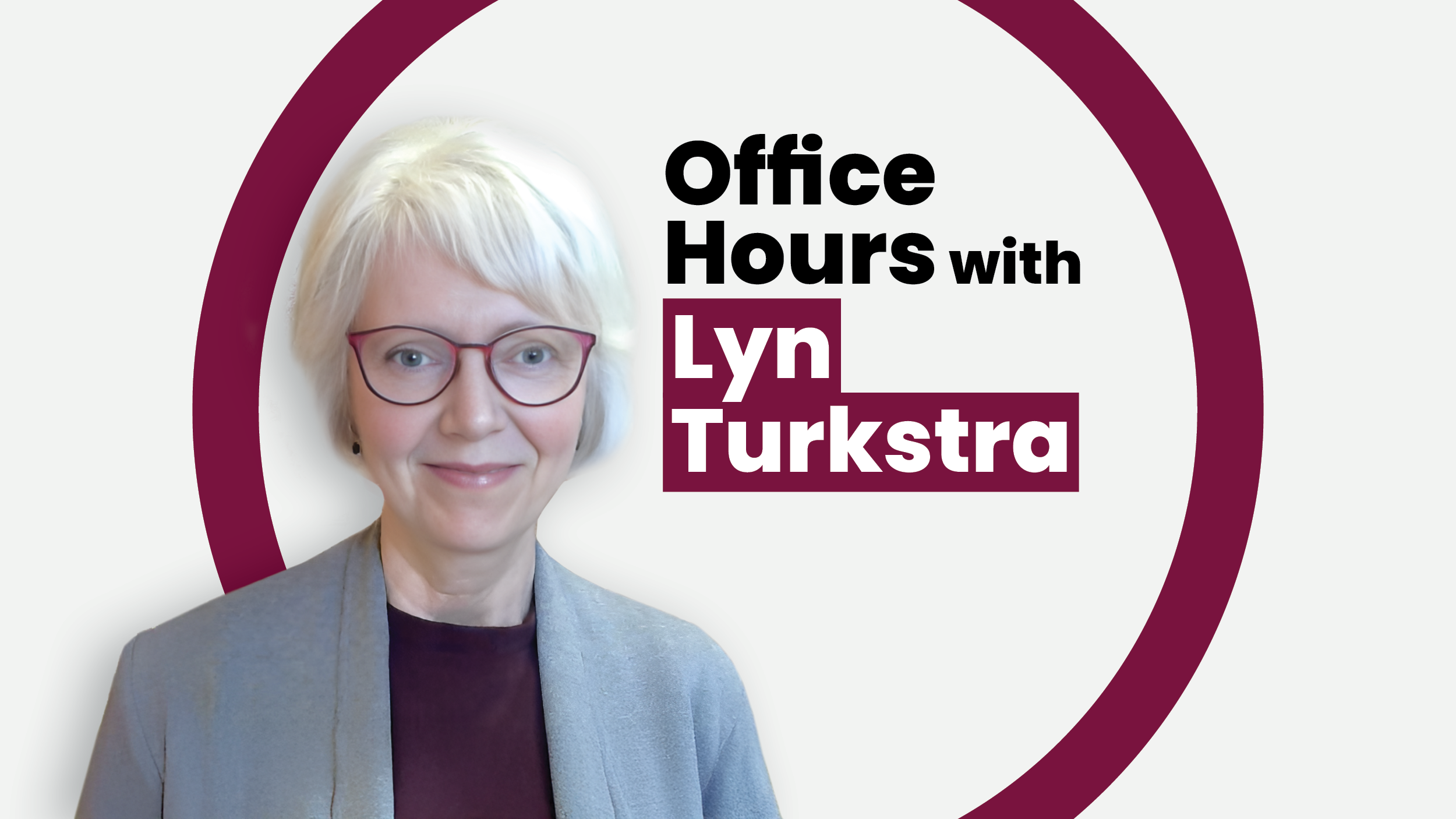Office Hours with Christian van der Pol

Christian van der Pol didn’t plan on becoming a detective, and while he doesn’t carry around a badge or attend crime scenes, he does parse through diagnostic clues to solve cases.
“We’re trying to figure out what’s going on and help provide other physicians with a bit of direction into treating patients,” says van der Pol, a radiologist and associate professor with McMaster University’s Department of Medical Imaging.
“Each case is like a different puzzle. It might be that a patient has cancer, and they need to be restaged or someone could have unexplained abdominal pain. Radiologists are the ones combing through diagnostics to find answers.”
From Hamilton to Boston and back again
Long before van der Pol was a diagnostic sleuth, he was the co-captain of McMaster’s swim team while he was student in the Electrical and Biomedical Engineering program. It was during this time that he became quite the distinguished student, earning several accolades including a spot on the Provost’s Honour Roll, the Chancellor’s Gold Medal, and numerous scholarships.
After graduating from McMaster, van der Pol went to medical school. This is when he was first exposed to radiology.
“I shadowed a radiologist, and I just thought it was incredible how they get right into the case and directly deal with diagnosing the medical issues. It was the problem-solving, cerebral part that really drew me to it. I like the fact that you can do procedures and minimally invasive things that few others can really do.”
After medical school, van der Pol attended a clinical fellowship at Harvard University. But he made his way back to McMaster, where he now helps train the next generation of diagnostic detectives.
“I think there’s a real culture of innovation and entrepreneurship at McMaster that’s maybe not as prevalent at other places. There’s been a lot of opportunity to leverage different services and different people at McMaster that may not have been available at other institutions,” he says.
The skills of a diagnostic sleuth
Since returning to McMaster, van der Pol has been busy.
One area where he has been devoting his time is towards the research of pancreatic cysts, a fluid-filled sac that forms in the pancreas. Van der Pol has been involved in researching the association between these cysts and pancreatic cancer.
“These cysts are very common on imaging and are thought to be associated with pancreas cancer. Many radiologists, I think, would agree that we don’t see as strong of an association as previously suggested. Many of these patients get lifelong medical surveillance, so we do a lot of imaging for something that feels like it’s a low-yield activity based on older literature,” he says.
Van der Pol wanted to put more scientific weight behind this belief. In Dec. 2023, he was the senior author of a study that found a low percentage of patients with pancreatic cysts discovered through MRI developed cancer.
“I’m very proud of the publication because I think what we’ve shown so far is that association is probably not nearly as strong as once thought, and I think it may at some point impact the current paradigm that all of these patients need to be followed for many years.”
Van der Pol is also a member of the Liver Imaging Reporting and Data System evidence workgroup, an international team of researchers who research standardized data for liver scans.
“As a team, we’ve been working on this for two or three years and we’ve basically built a very large data set of thousands of liver abnormalities on imaging and we’ve been able to do several studies that explore a bunch of high-level questions that that are otherwise hard to explore.”
Looking to the future, however, van der Pol has his sights set on the role artificial intelligence can play in medical imaging. He recently helped build machine learning models that can interpret MRI scans for the diagnosis of liver cancer. He is also working on an AI model that can work with electronic medical records.
“For people like me, there is an appetite for this kind of research. And while I don’t have a data science degree or a PhD in engineering, I do know clinical care. So, I connect with people who can fill in the blanks and we work towards answering research questions through AI.”
Some of these projects are driven by passion, but he credits his time as a competitive swimmer at McMaster for helping him build the leadership skills and focus he uses in his work now.
“I think it gave me a certain level of discipline and the skills to push through difficult situations,” van der Pol says.
Faculty & Staff, Office HoursRelated News
News Listing

2 days ago


